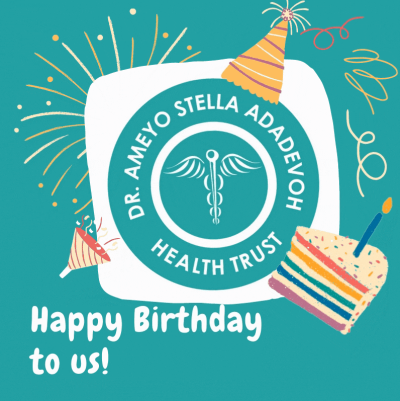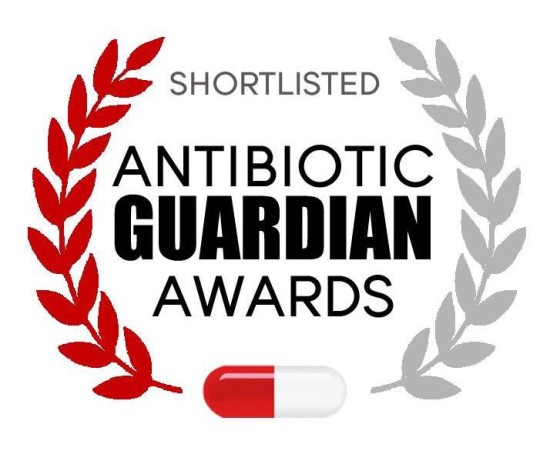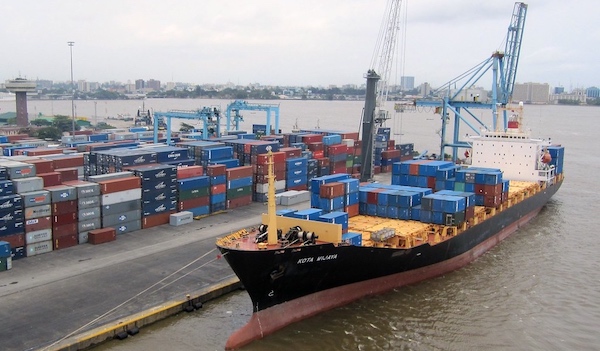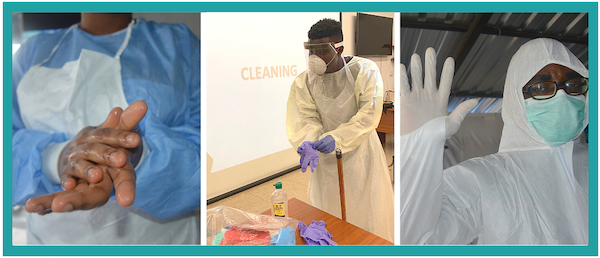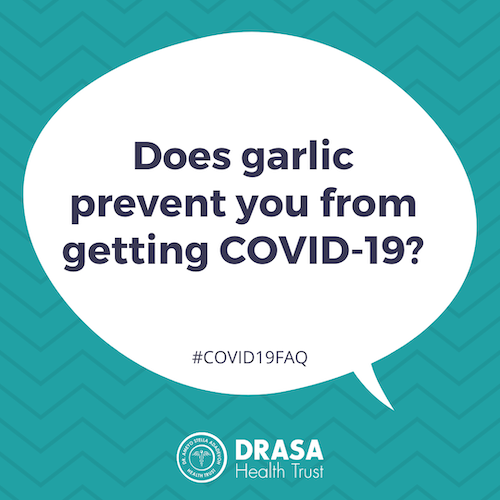Encouraging Handwashing in Markets: Global Handwashing Day 2020
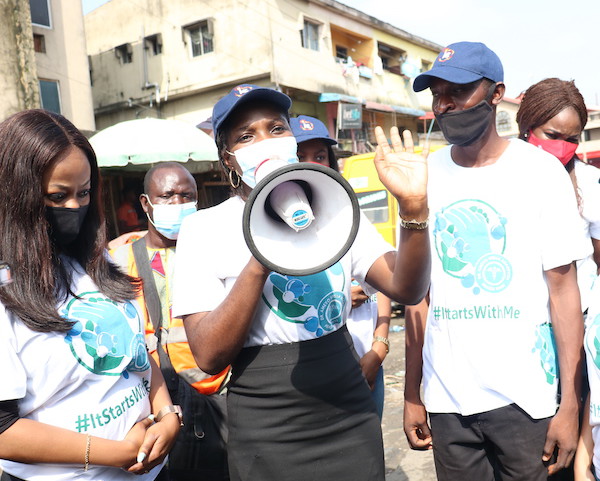
Every year on October 15th we celebrate a special day – Global Handwashing Day! This year, due to the End SARS protests and unrest across Nigeria, we were not able to hold an event on the exact day, so instead we had our event on the 11th of November. We partnered with Ikeja Electric and Kleanmate to visit Ipodo market where we were able to speak to men and women leaders in the market. We taught them the proper way to wash their hands and the importance of handwashing. Our goal was to make them understand the important role they play in improving health in our communities through the way they handle food items and demonstrate the right healthy behaviors – especially during this pandemic. But we didn’t just teach them, we also had a pop quiz! Prizes were given to those who were able to correctly answer questions that tested their knowledge on key times for handwashing, correct method and steps for handwashing, proper mask use, and other important information. Join us to spread the message of staying healthy and safe in your community.
